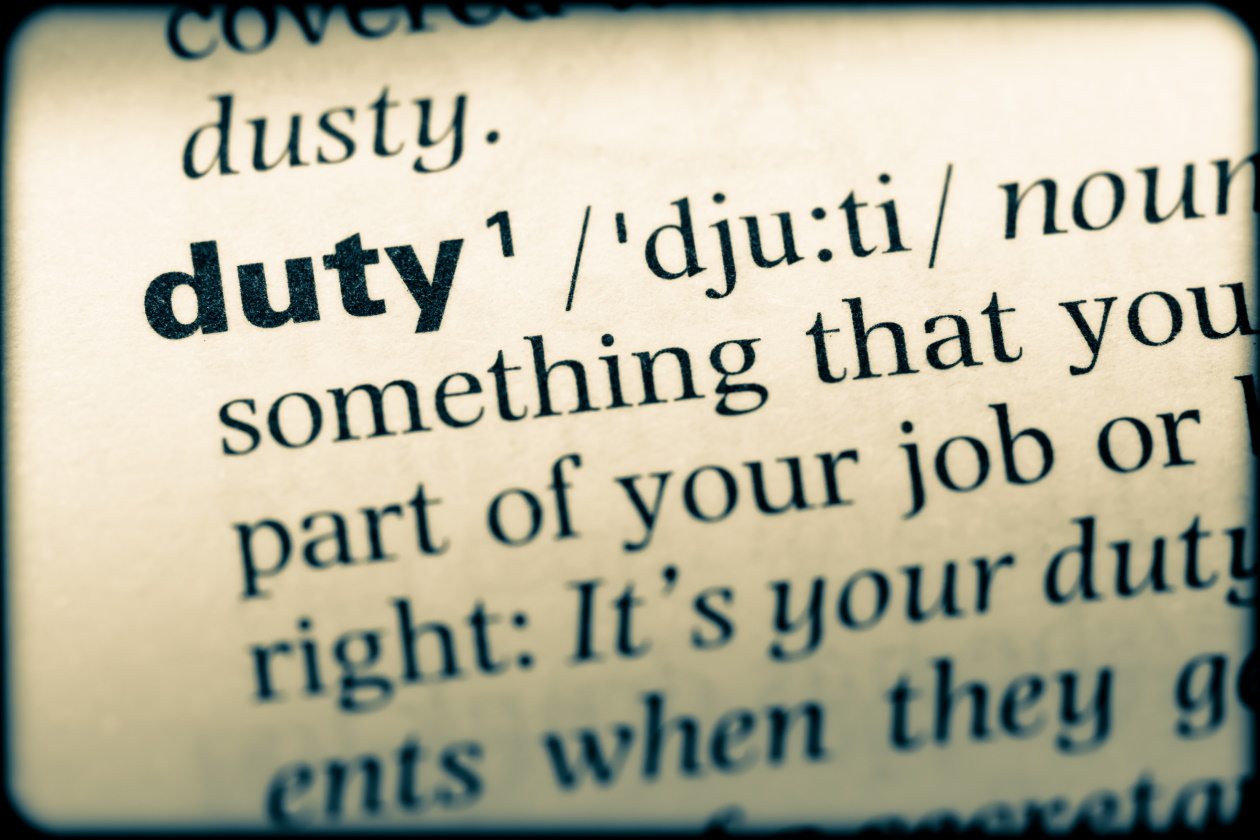
Directors’ Duties in the Twilight Zone
12 Sep, 2019 - Dispute resolution | by Grosvenor LawCompanies are set up for a variety of reasons. One of the benefits of setting up a company is the protection from liability it affords, however, that does not mean that directors are protected from liability in all circumstances. This blog looks at the duties of directors in circumstances where a company is in a financially precarious situation and the potential liability they face, if they do not act appropriately in those circumstances.
Directors should be aware that, in the normal course, they are under a duty to act in the way which they consider, in good faith, is most likely to promote the success of the company for the benefit of its members as a whole. That is to say, directors should ordinarily act for the benefit of the company’s shareholders.
That duty is replaced, in circumstances where a company is in financial difficulties, with a duty to act in the best interests of creditors. A breach of that duty can result in subsequent claims against the directors and others for financial compensation. Such actions are often taken in the name of the company by an insolvency officeholder. The period during which a company is facing potential insolvency is often referred to as the Twilight Zone.
The case law is not clear on when, precisely, a director’s duties switch from acting in the best interests of the shareholders to the best interests of the creditors. It is undoubtedly the case that each company and set of circumstances must be looked at by reference to its own specific set of facts.
Accordingly, it is difficult to set out hard and fast rules but some points to consider:
- If your company is struggling to pay its debts as they fall due, e.g. trading partners, employees etc., your duty, as a director, has almost certainly switched to being one in favour of creditors;
- If the company is about to embark on a course of action that puts at real (as opposed to fanciful) risk, the prospect of creditors being paid, then you might be falling into the period where the duty switches and you should consult with your advisors before directing the company to take such action; and
- Generally speaking, just because there are circumstances giving rise to a recognised risk of adverse events that could lead to insolvency, this will not be sufficient to make the switch in duty from shareholders to creditors.
If a director acts in breach of his duty to protect the interests of creditors (misfeasance), he may be pursued by a subsequently appointed insolvency officeholder and ordered to repay, restore or account for the money or property of the company, or any part of it, improperly paid out or disposed of and/or contribute such sum to the company’s assets by way of compensation in respect of the misfeasance. Such conduct could also result in a director being disqualified from acting as a director for a period of time.
As such, if in doubt about your company’s financial situation or a course of action’s potential impact on its solvency, it is best to take advice before it is too late.
Michelle Quinn is Counsel and a senior associate at Grosvenor Law. She regularly advises in complex commercial matters, including in fraud, conspiracy, insolvency and breach of privacy disputes.
The contents of our blog posts do not constitute legal advice and are provided for general information purposes only

